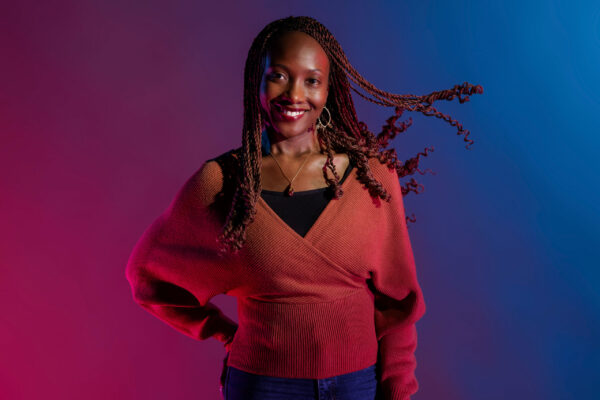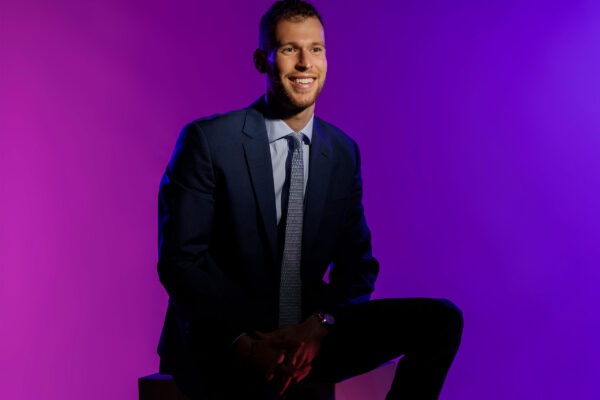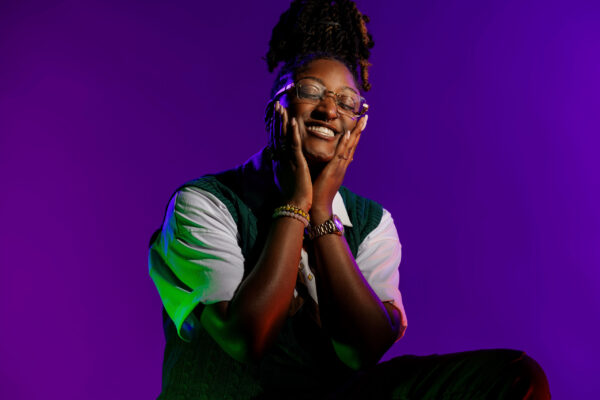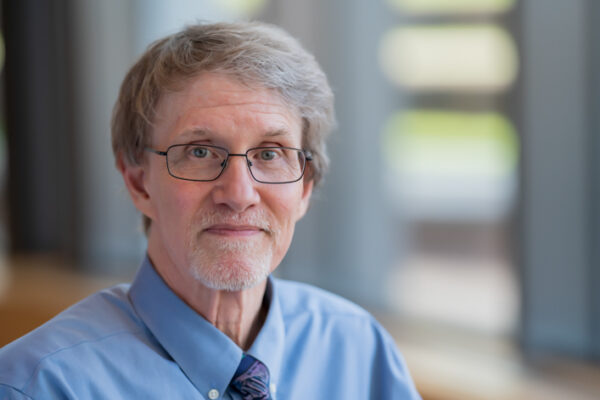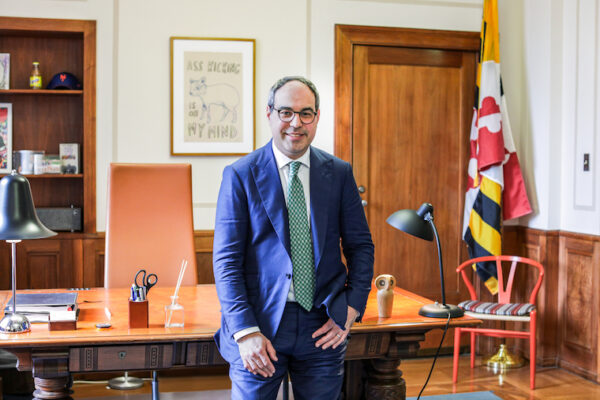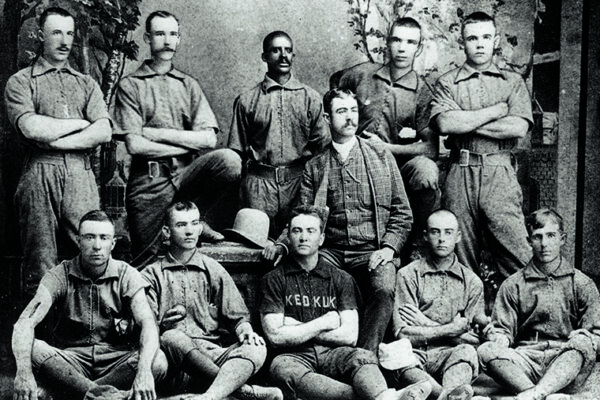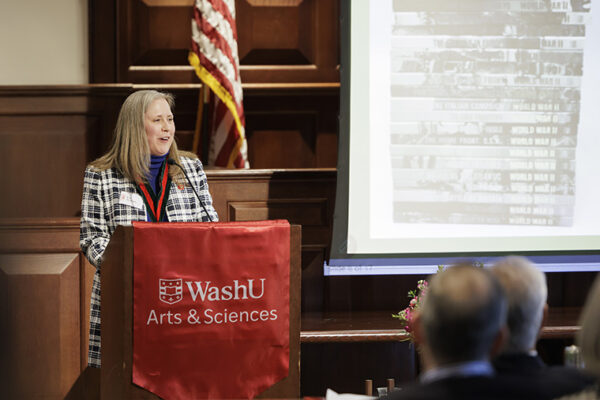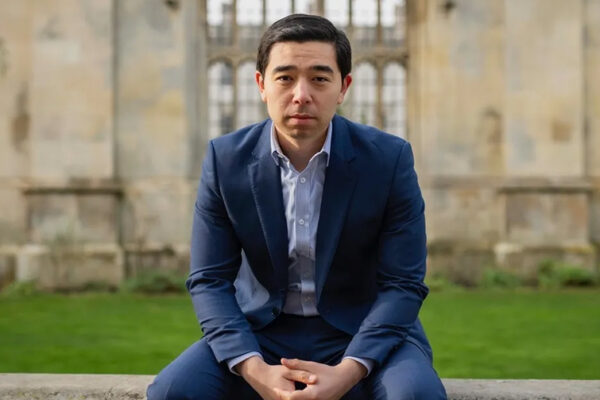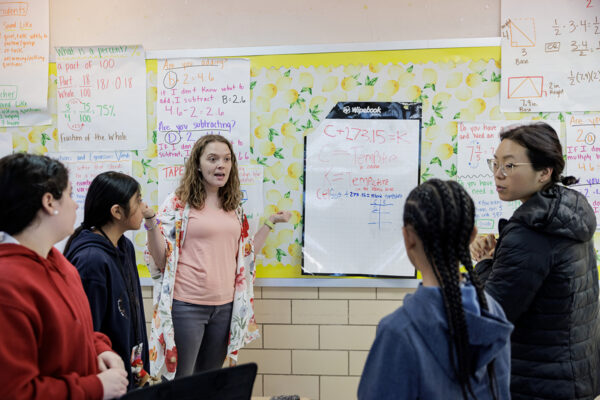Class Acts: Shana Brooks
Can a self-described wallflower be a leader? Absolutely, says Shana Brooks, who is set to earn her undergraduate degree in political science from WashU’s School of Continuing & Professional Studies.
Class Acts: Jason Shefferman
Jason Shefferman is passionate about wellness and creating a better working environment in the legal profession. Shefferman is a degree candidate from the School of Law and student speaker for the law school’s recognition ceremony.
Class Acts: Mayah Clayton
Mayah Clayton doesn’t just study public health — she lives it. Through art, action and advocacy, she’s reframing how we see communities and create change.
How researchers can influence policy today
University researchers can play a vital role in shaping policy — when they combine solid science with smart communication, compelling stories and political awareness. WashU policy expert Ross Brownson explains how.
Gibson leads global ranking of productive political scientists
James L. Gibson, in Arts & Sciences at Washington University in St. Louis, leads a new ranking of most productive political scientists in North America and around the world, according to a new study published by the American Political Science Association.
Competition and freedom
As head of antitrust at the U.S. Department of Justice, alumnus Jonathan Kanter brought cases challenging the power of some of the world’s biggest companies.
‘Play Harder: The Triumph of Black Baseball in America’
In “Play Harder: The Triumph of Black Baseball in America,” WashU’s Gerald Early explores how Black Americans have shaped the game since its emergence during Reconstruction, from the formation of the Negro Leagues, through Jackie Robinson’s breaking of the color barrier and into the present day.
McGlothlin installed as Gloria M. Goldstein Professor of Holocaust Studies
Erin McGlothlin was recently installed as the Gloria M. Goldstein Professor of Holocaust Studies in Arts & Sciences.
Henderson to deliver annual Brauer Lecture
Rob Henderson, political commentator and bestselling author of “Troubled: A Memoir of Foster Care, Family and Social Class,” will deliver the keynote address for Olin Business School’s Brauer Lecture Series April 16 at Washington University in St. Louis.
From worksheets to wonder: WashU’s Math314 supports teachers, boosts scores
Ritenour School District is serving as a pilot for Math314, WashU’s innovative program to boost K-12 math instruction and student achievement. The results are promising.
Older Stories
